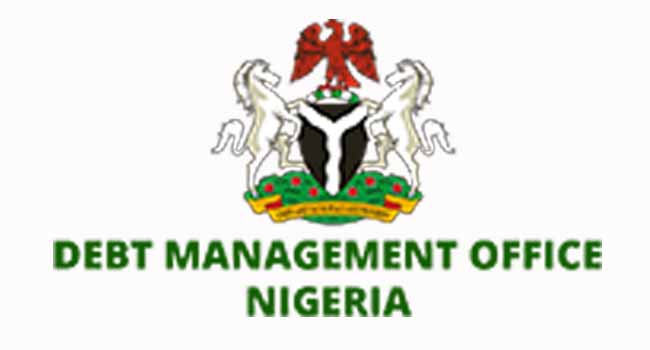Nigeria’s debt servicing costs have experienced a significant increase, soaring by 55.71% to reach N1.24 trillion within a span of three months, according to data obtained from the Debt Management Office (DMO). The figures reveal a concerning trend in the country’s escalating debt burden and the strain it places on the government’s finances.
Between October and December 2022, Nigeria allocated N406.77 billion towards servicing its domestic debt. Simultaneously, an additional $312.27 million (equivalent to N143.74 billion) was directed towards servicing external debt, culminating in a total debt servicing expenditure of N550.51 billion during that period.
However, the situation worsened between January and March 2023, as Nigeria’s debt servicing expenses surged to N1.24 trillion. The domestic debt servicing alone accounted for a staggering N874.13 billion, while the country spent $801.36 million (equivalent to N368.87 billion) on servicing its external debt. These figures signify a substantial increase in debt servicing costs, putting additional strain on Nigeria’s financial resources.
The DMO employed an exchange rate of $1 = N460.3 for calculating the external debt servicing expenditures during this period. It is important to note that the figures and projections provided in this news story are based on the data available from the Debt Management Office and the International Monetary Fund (IMF) at the time of reporting.
In light of these developments, the International Monetary Fund recently projected that Nigeria’s federal government is expected to allocate approximately 82% of its revenue towards interest payments in 2023. This projection suggests a slight improvement compared to the alarming figure of 96.3% recorded in 2022, indicating a modest decline in the share of the government’s revenue dedicated to servicing the country’s debt.
According to the IMF’s projections, Nigeria’s external debt, which encompasses both public and private sector debt, is anticipated to surge to $121.6 billion. Additionally, the country’s external reserves are projected to climb to $37.5 billion. These figures highlight the challenges faced by Nigeria in managing its debt burden and the importance of prudent financial management strategies.
As the government grapples with mounting debt servicing costs, it becomes crucial to implement sustainable economic policies and explore avenues for generating revenue to reduce reliance on borrowing. These measures are vital to ensure long-term financial stability and create an environment conducive to economic growth and development.
It is advisable for interested parties to refer to official sources or consult updated news reports for the most recent information regarding Nigeria’s debt situation, as my knowledge is based on data available up until September 2021.















